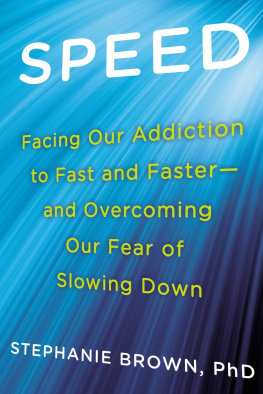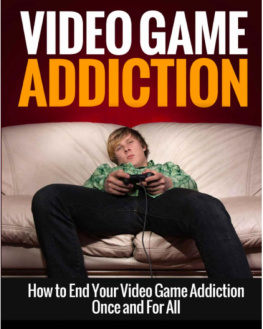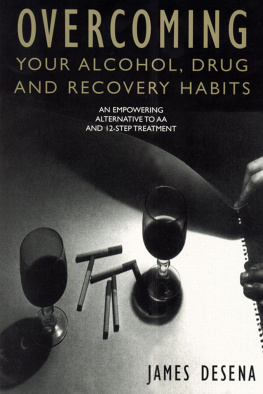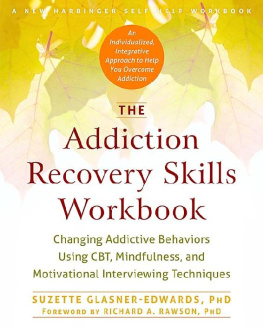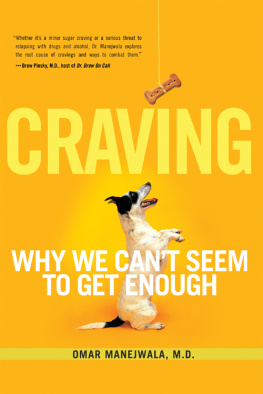Most Berkley Books are available at special quantity discounts for bulk purchases for sales promotions, premiums, fund-raising, or educational use. Special books, or book excerpts, can also be created to fit specific needs. For details, write: Special.Markets@us.penguingroup.com.
SPEED 
Facing Our Addiction to Fast and Fasterand Overcoming Our Fear of Slowing Down
STEPHANIE BROWN, PhD

THE BERKLEY PUBLISHING GROUP
Published by the Penguin Group
Penguin Group (USA) LLC
375 Hudson Street, New York, New York 10014

USA Canada UK Ireland Australia New Zealand India South Africa China
penguin.com
A Penguin Random House Company
This book is an original publication of The Berkley Publishing Group.
Copyright 2014 by Stephanie Brown, PhD.
Penguin supports copyright. Copyright fuels creativity, encourages diverse voices, promotes free speech, and creates a vibrant culture. Thank you for buying an authorized edition of this book and for complying with copyright laws by not reproducing, scanning, or distributing any part of it in any form without permission. You are supporting writers and allowing Penguin to continue to publish books for every reader.
BERKLEY is a registered trademark of Penguin Group (USA) LLC.
The B design is a trademark of Penguin Group (USA) LLC.
eBook ISBN 978-1-101-60828-9
Library of Congress Cataloging-in-Publication Data
Brown, Stephanie, (date )
Speed : facing our addiction to fast and fasterand overcoming our fear of slowing down / Stephanie Brown.
pages cm
ISBN 978-0-425-26473-7 (pbk.)
1. Compulsive behavior. 2. SpeedPsychological aspects. 3. Technological innovationsPsychological aspects. 4. ProgressPsychological aspects. 5. Change (Psychology). 6. Slow life movement. I. Title.
RC533.B756 2014
616.85'84dc23
2013032750
PUBLISHING HISTORY
Berkley trade paperback edition / January 2014
Cover image: Abstract blue Style_TTT / Shutterstock.
Cover design by Diana Kolsky.
Text design by Tiffany Estreicher.
While the author has made every effort to provide accurate telephone numbers and Internet addresses at the time of publication, neither the publisher nor the author assumes any responsibility for errors, or for changes that occur after publication. Further, publisher does not have any control over and does not assume any responsibility for author or third-party websites or their content.
Version_1
For Haddie and Cammie:
May you always savor the joys of quiet time in a slow-enough world
ACKNOWLEDGMENTS
Thank you. Thank you to so many colleagues, friends, clients, and family for years of support on this massive project. In contrast to the subject of Speedthis crazy, fast pace of life so many of us now think of as normalthe conception, writing, and revising of this book have gone on and on for many years. This book has been SLOW to find itself, and I trust it will be better for it.
The idea of a culture out of control needed time to develop. People heard it, began to read about it, and to watch themselves. More and more joined me in support. Three made this book happen. First, writer Joan OC. Hamilton has given me hands-on help with editing, support, and advice through a long, difficult process. Networker extraordinaire, she connected me with agent Jillian Manus, who believed in the idea and the book. She found Denise Silvestro at Penguin, who agreed: speed is a serious problem that isnt going away. Denise has given me a tutorial in popular writing, for which I am grateful, as well as unquestioning support for the idea of cultural speed as an addiction, and the process of recovery as a model for societal change.
Many others offered direct help and sustaining support. With great skill, Yvonne Pearson worked closely with me on the first draft of the manuscript, taking my leave-nothing-out first pass and trimming it down to cohesive, submission-ready form.
Next came friends who read the manuscript and/or offered support from early on. Barbara Tyler, Anne Hillman, Paul Goldstein, Laurel Leone, JoAnn Stultz, Gloria Van Bree, and Dave Mandelbrot seemed to never tire of the saga of Speed, and offered wise advice about the book and publishing.
My Addiction Institute associates offered the same endless support, always asking, What about Speed? Long-standing colleagues Tom Gorham and Patrick MacAfee offered me speaking opportunities early on, as did Santa Clara University, while cheerleaders Cathy Calliotte, Ed and Esther Bourg, Lenora Yuen and John Peters, Thomas and Kren Nagy, Cynthia Scheutz and Jim Perkins, Ellyn Bader and Peter Pearson, Barbara and Ric Almond, and Joyce Schmid never lagged in spirit. Mary Jaiswal, Alison Reichenthal, William Reichenthal, Courtney Hughes, and Irene McGhee gave great examples. Computer guru Jon Wu jumps in to save the day.
My childhood friends Robin, Linda, and Patricia have followed the writing for years. Its safe to say everyone will be glad to see Speed finally arrive!
Last, but always first, I thank my husband, Bob Harris, for his support, examples, and humor; our daughter Makenzie; son-in-law Anthony; and our granddaughters, Campbell and Hadley, who have filled our lives with love, meaning, and purpose, ever reminding us that our cherished bonds grow deeper as we slow down, listen, and talk together.
Stephanie Brown
August 2013
CONTENTS
PART 1
Speed: A Cultural Addiction to a Fast Pace of Life
Prologue
H elp! I need to go faster, I cant go any faster, and I cant stop or even slow down! This is the cry I began to hear more than fifteen years ago as people started to realize that the world of technology, with its promise of limitless speed and a guarantee of boundless riches and success, had trapped them in a virulent downward spiral of addiction.
I cant do it all, but I cant stop trying. I wake up earlier and earlier to steal time to catch up, to pay attention to the kids, to pack their lunches, to get them off to school without shouting, to answer email from last week, to call the East Coast ahead of the rush of my day, to endure a slowed-down drive through traffic to get to the board meeting while Im wondering how Ill cook dinner and make parent-teacher night. I think I can do it all, but the sad truth is I cant. This was from Maria, a successful woman of the twenty-first century, and her lament is all too common.
I have spent most of my professional life working with individuals grappling with the idea of limits. The very essence of addiction to anythingdrugs, alcohol, sex, workis the unwinnable struggle between the desire to keep using or doing something that provides some kind of instant gratification and the reality that there are limits to how long such behavior can go on without severe, even lethal consequences.
This is a book about a new kind of addiction that I believe has taken hold in our culture. The bad news is that it is pervasive, cheap, and not yet widely accepted as the serious problem I believe it is. The good news is it is treatable, and everything we have learned about other addictions applies here.

